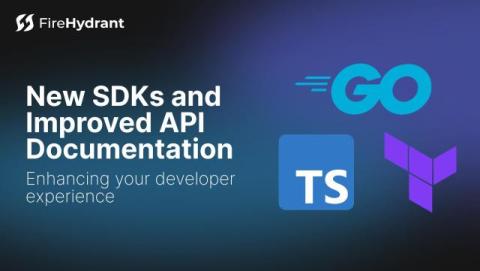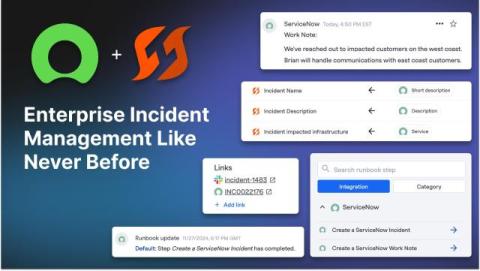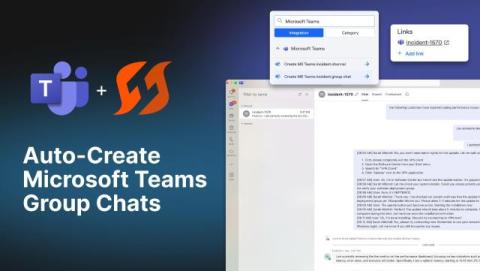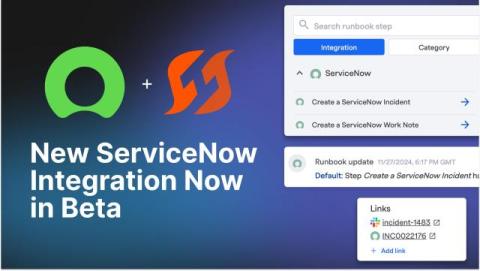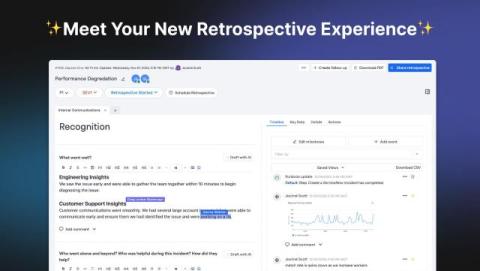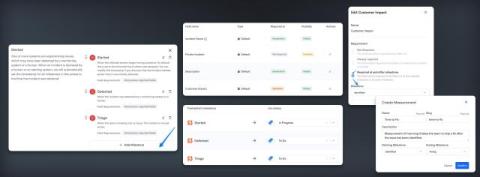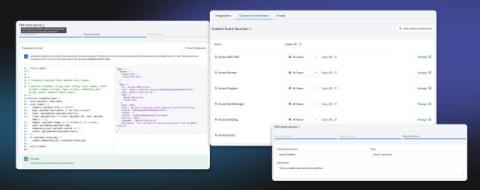Enhancing Your Developer Experience: New SDKs for TypeScript, Go, and Terraform and Improved API Documentation
We built FireHydrant to be the kind of platform we’d want to use as developers, giving you the same tools and flexibility we rely on every day. With over 350 publicly accessible API endpoints, we’ve always believed in giving developers the power to customize and extend our platform to meet their exact needs.


